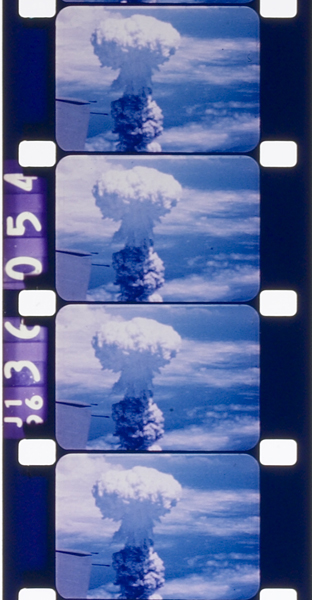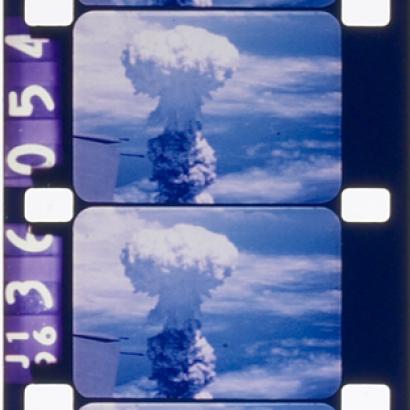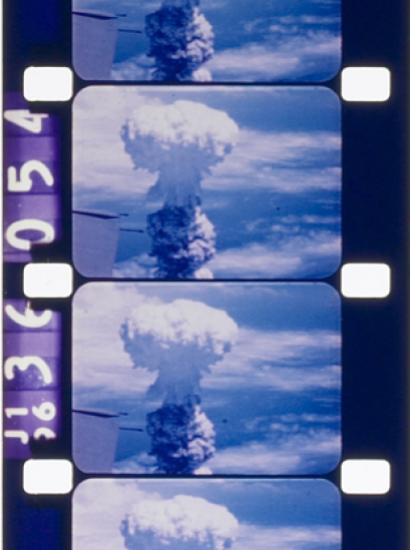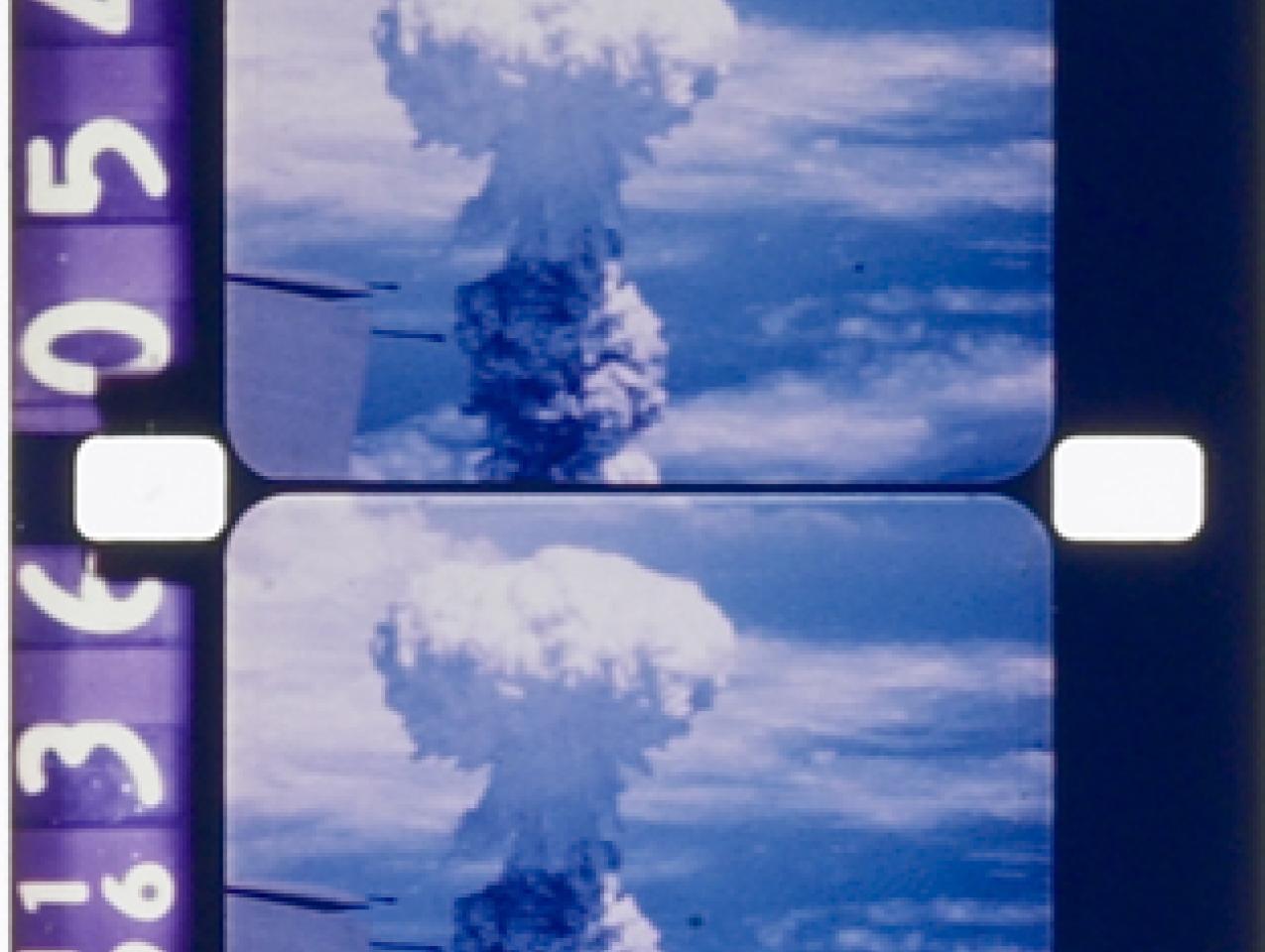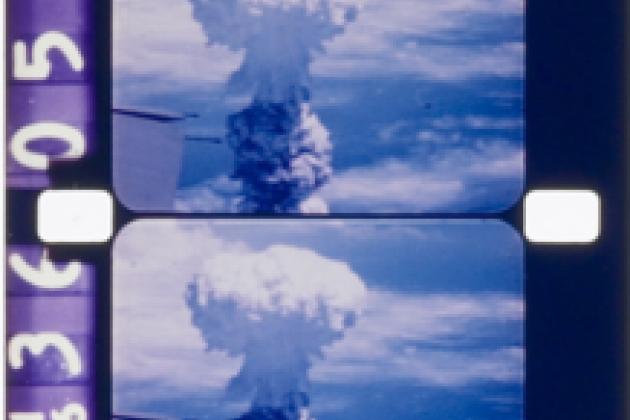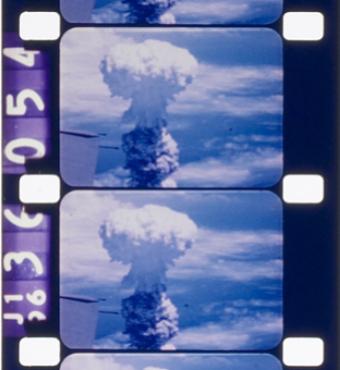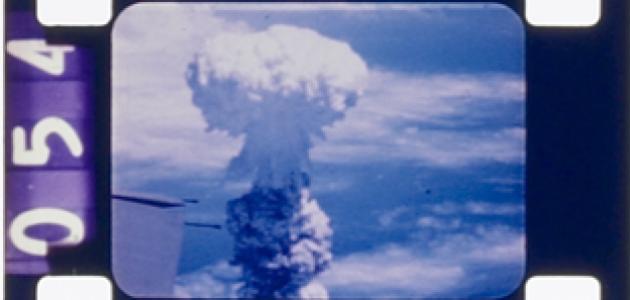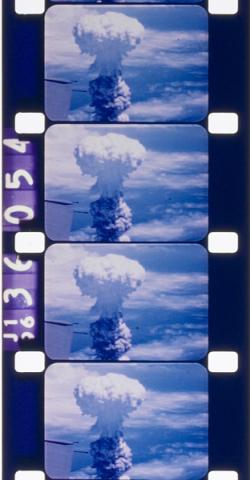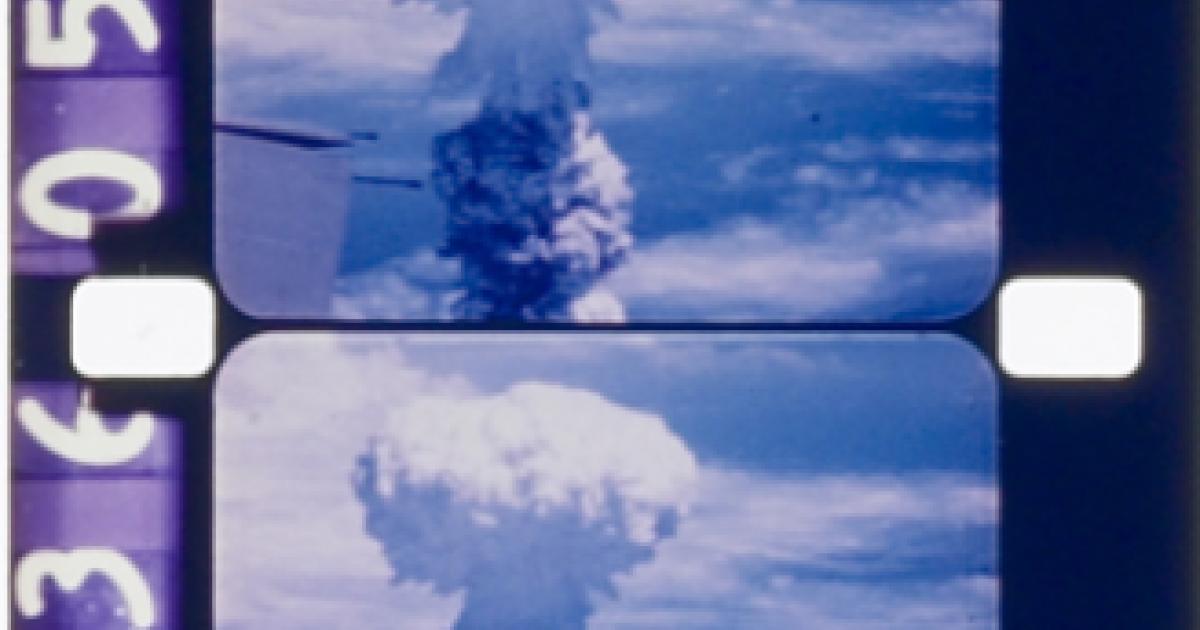On August 6 and 9, 1945, the United States dropped the first two and, so far, the only atomic bombs fired in anger. It was an event so monumental that every August, we ask whether it was ethical or even necessary. This summer a movie has underlined the subject: the critical- and box-office-hit, Oppenheimer. The film concerns the father of the A-Bomb, J. Robert Oppenheimer, and his subsequent doubts and regrets about what he had created.
The targets of the bombs in 1945 were the Japanese cities of Hiroshima and Nagasaki. The effect on the people living in these two places was catastrophic. An estimate of the total casualties, dead and injured, in the two cities is about 200,000, with the dead alone numbering about 105,000; the pre-raid populations totaled about 450,000, yielding a casualty rate of about 45 percent. About as many people died in the U.S. firebombing attack on Tokyo on the night of March 10, which is estimated to have killed at least 100,000 people and wounded somewhere between 40,000 and 125,000. Still, the affected parts of the city had a population of 1.2 million, so the casualty rate was lower than in Hiroshima and Nagasaki. The atomic bomb was something new and uniquely terrible.
It is no longer new, but it still is terrible. Our interest is not entirely historical: we are afraid of what may lie ahead. We live in a time when the unthinkable is being thought of. The Ukraine War has raised a Russian threat of using nuclear weapons. China is vastly increasing its nuclear arsenal. Iran is inches away from having the bomb, while North Korea has already crossed that threshold. None of these regimes is a friend to the United States. As the 2021 thriller, 2034: A Novel of the Next World War, suggested, nuclear destruction in a war between China and the U.S. is plausible.
Back to history. The Americans declared the cities military targets which seems less than convincing today. Unfortunately, it was not out of line with the way war was waged by the major belligerents in World War II.
Then there is the Soviet factor. The Soviets were about to enter the war, which they did on August 8, when they invaded Japanese-occupied Manchuria. Shouldn’t the U.S. have waited before unleashing the horror of the atomic bomb?
History is written in hindsight, but life is lived as it happens. It may seem obvious in retrospect that dropping the A-bombs would end the war but that was not a certainty at the time. Nor could anyone be sure that a Soviet entry into the war would force a Japanese surrender. The Soviets were able to invade Manchuria, but, with no Pacific navy to speak of, they had no way to invade the Japanese islands.
Japan seemed to be at the end of its rope in summer 1945, after many military and naval defeats, bombing raids, and unrestricted submarine warfare that cut off supplies. Yet many a nation at war has refused to surrender until its territory was occupied and its armies crushed. This was as true of ancient Athens and Sparta in the fifth and fourth centuries B.C. as of the Confederacy in 1865. Warrior cultures don’t give up until they must, and Japan in 1945 had a warrior culture. At the time, Japan was preparing its defenses for an anticipated American invasion. U.S. planners expected massive casualties on both sides. They dropped the bomb in the hope of shocking Japan into defeat. It worked. Might Japan have surrendered anyhow without the bombs? Hindsight is 20-20, as the saying goes.
In 2023 the dropping of the bomb may seem inexplicable, but war is a crucible and a pressure cooker. It leads people to make decisions that they would never consider in the freer and more leisurely conditions of peacetime.
Using the atom bomb was awful but, in the circumstances of 1945, justified. It reminds us how important it is to maintain a peaceful world—itself, an enormous effort—so that no state faces the terrible choices that wartime imposes.
“War is a violent teacher,” wrote Thucydides long ago in Ancient Greece. The full quotation goes: “In peace and prosperity states and individuals have better sentiments, because they do not find themselves suddenly confronted with imperious necessities; but war takes away the easy supply of daily wants and so proves a violent teacher that brings most men’s characters to a level with their fortunes.”
Or, to put it in the blunt American terms of U.S. Civil War General Sherman, “War is hell.”
Barry Strauss is the Bryce and Edith M. Bowmar Professor in Humanistic Studies at Cornell University, Corliss Page Dean Visiting Fellow at the Hoover Institution, and author most recently of THE WAR THAT MADE THE ROMAN EMPIRE: Antony, Cleopatra, and Octavian at Actium (Simon & Schuster).







